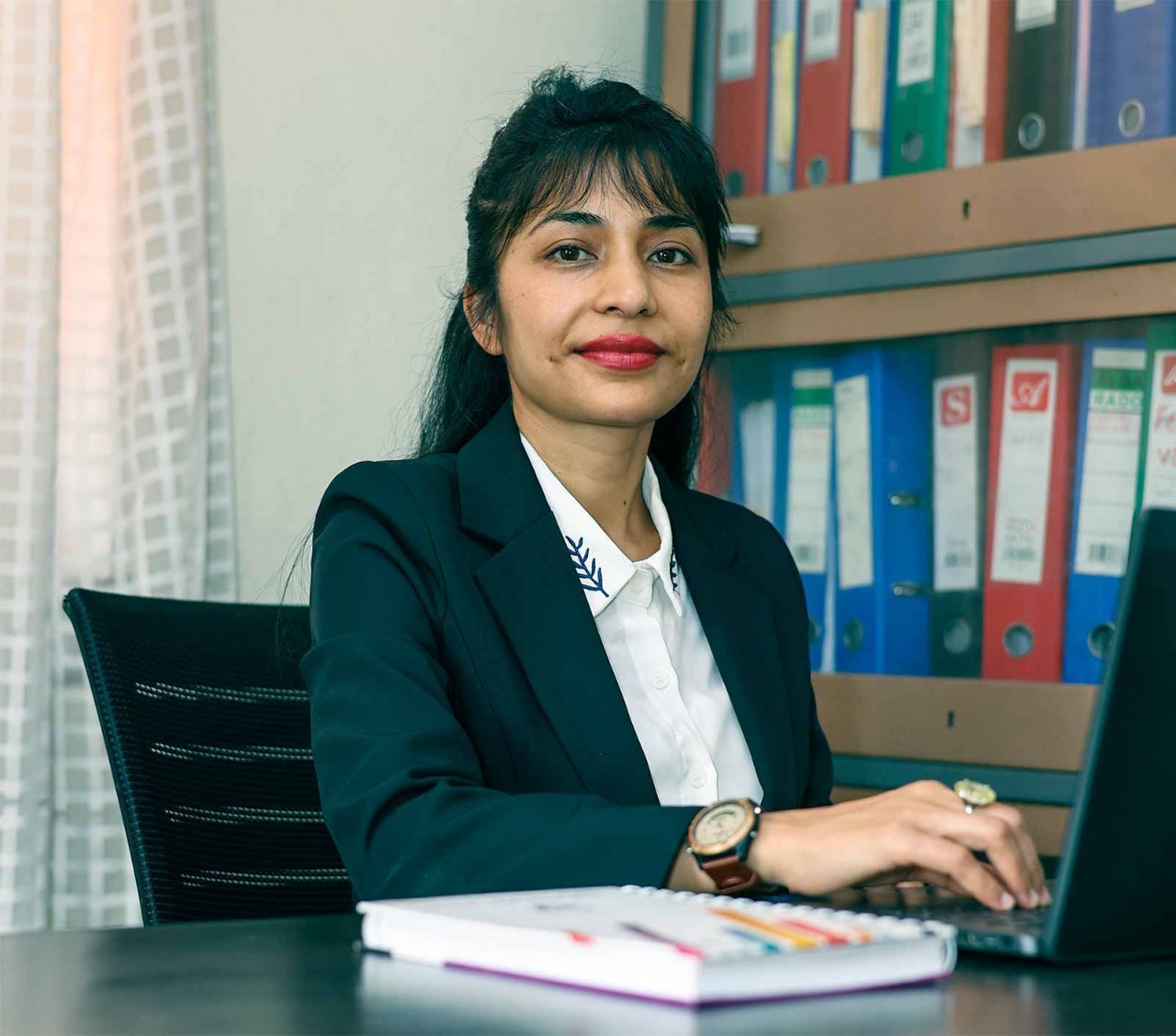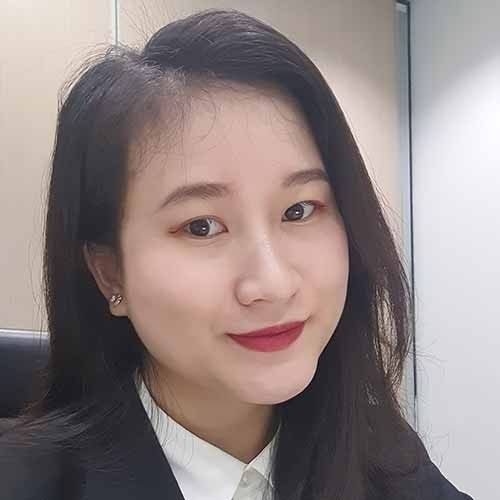
Nobody likes to be kept waiting at the bus stop. But for Subramanian Kasi, a late-running service can be a major headache in his day job.
The chief financial officer at Tower Transit, one of four bus companies contracted to Singapore’s Land Transport Authority (LTA), knows that delays can be costly.
‘We invest a lot in our staff and staff benefits’
‘A delay could not only inconvenience passengers, it could mean we fall below standards set by the transport authority which could affect us financially,’ Kasi explains. ‘That’s why we have a team of people who use sophisticated technologies to guide our bus captains and ensure we meet, if not exceed, those standards.’
CV
2016
Chief financial officer, Tower Transit Singapore
2013
Audit manager, KPMG Singapore
2010
Auditor senior, Grant Thornton Singapore
2008
Audit associate, Parker Randall International, Singapore
2005
Finance executive, Ravindran Drama Group, Singapore
Core values
By maintaining its core values of being both customer-focused and an employer of choice, Tower Transit puts much of its energy into people-centred initiatives and the building of a positive workplace culture. Over the years, it has won awards for culture and staff engagement that testify to its people-first approach.’
‘Sixty-five percent of our cost is on manpower because we invest a lot in our staff and staff benefits,’ Kasi says. ‘We offer market-leading staff benefits including 26 weeks of maternity leave, free monthly massages and hair cuts, a slew of incentives, and reward and recognition schemes.’
Tower Transit entered Singapore’s public transport system in 2016 when it won the first competitively tendered bus contract under the LTA’s Bus Contracting Model. Divided into 14 bus packages, the network’s bus routes are managed by private operators through a public tender process. Tower Transit – which also operates in London, UK and the Channel Islands – currently manages two bus packages, which account for 15% of the network.
‘I disagree with people who say that finance people are just bean counters’

Under the contracting model, Tower Transit’s annual revenue is fixed. ‘In this cost-plus model, the work of our finance team becomes especially crucial, because our inputs can transform the company’s performance,’ Kasi says.
Beyond bean counting
To effectively support Tower Transit in achieving its goals, Kasi challenges his finance team to adopt a strategic mindset.
‘I disagree with people who say that finance people are just bean counters,’ he says. ‘Even if you are coming to work to do double entries, you need to understand why you’re doing it. This is how the company can grow.’
One of the biggest challenges Kasi says, is ensuring that drivers adhere to the LTA’s Bus Service Reliability Framework, which rewards good timekeeping and penalises late-running buses. ‘To align the interests of the company and its employees, many incentives are available to staff who fulfil operational KPIs such as safe driving and customer service.’
‘As a public service provider, we ensure that new initiatives are cost-effective and benefit the public’
In addition to dealing with operational issues, Kasi – who joined the company in 2016 after working in practice at, among others, KPMG and Grant Thornton – is also involved in the competitive tender process.
More recently, Tower Transit added a second package to its bus network by successfully winning a new contract to operate the Bulim and Sembawang-Yishun packages, worth more than S$1bn over five years. Covering north and west Singapore, Tower Transit operates 62 bus services from nine bus interchanges.
‘When we won the first tender back in 2016 [for the Bulim package], we had the advantage of being able to bring our overseas expertise and experience into Singapore. Now, the industry is a lot more mature,’ he says.
Public-focused
The key challenge, Kasi notes, has been to bring new ideas and strategies into the market. ‘As a public service provider, we have to be realistic about what we propose,’ he explains. ‘We have to ensure that new initiatives are cost-effective and benefit the public.’
‘To see your people shine is probably the best reflection of one’s performance and leadership’
It was therefore no small gain to successfully win a tender against an incumbent operator ‘while continuing to focus on people rather than just bottom lines’, Kasi says. ‘I’m glad to be part of the journey to witness the company grow from fewer than 100 to more than 1,600 people today.
‘To see your team and people perform and shine is probably the best reflection of one’s performance and leadership.’
Tower Transit Singapore
2016
Tower Transit wins its first contract to operate a bus package in Singapore under the city-state’s new contracting model
700
Number of fully electric, hybrid and diesel buses running in Singapore
62
Number of service routes operated in Singapore
Raise the bar
After 15 years in accounting, Kasi has no regrets about his choice of profession and the route he has taken to get there.
‘I almost didn’t become an accountant; I was actually accepted into engineering at the Nanyang Technological University,’ he recalls. ‘At the time, there was only one local university offering an accountancy programme.’ However, a family friend who taught the ACCA syllabus convinced him to follow his dream.
‘ACCA is certainly one of the more demanding qualifications but you reap the benefits’
‘ACCA is certainly one of the more demanding qualifications out there but, when you pass, you reap the benefits,’ Kasi says, adding that his recent studies for an executive MBA highlighted just how much the ACCA qualification had taught him.
It was important to Kasi to enable Tower Transit to become an ACCA Platinum Employer. ‘I felt that for the company to succeed, we needed to attract smart people whose expertise lay beyond bus operations,’ he explains. This, he says, ensures that you raise everyone’s standards, abilities and expectations.
‘Involving yourself with people who are smarter than you is certainly something that I would recommend to aspiring accountants. Keep learning so that you don’t become complacent.’




